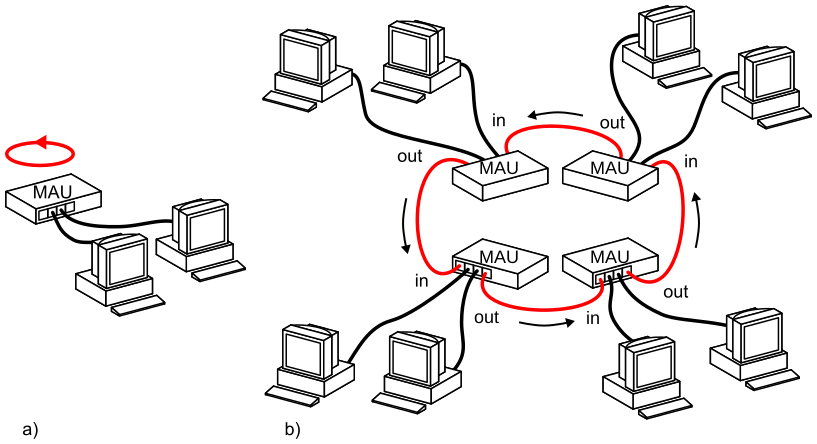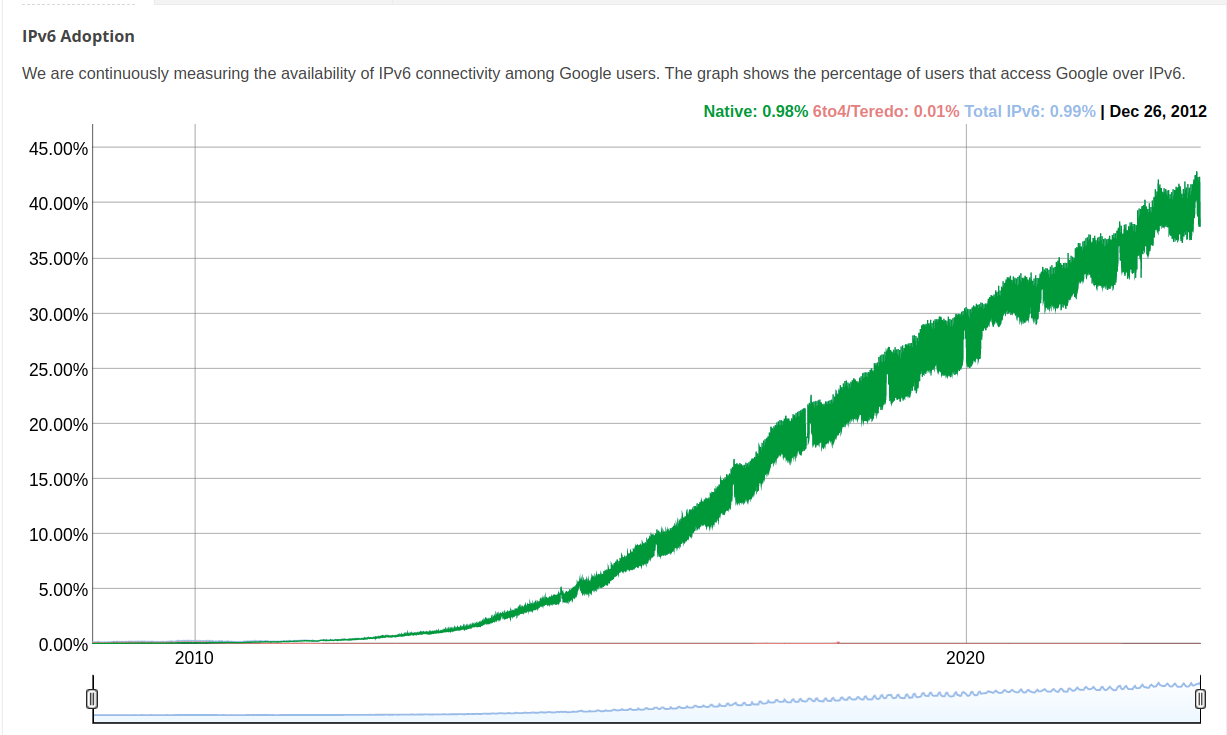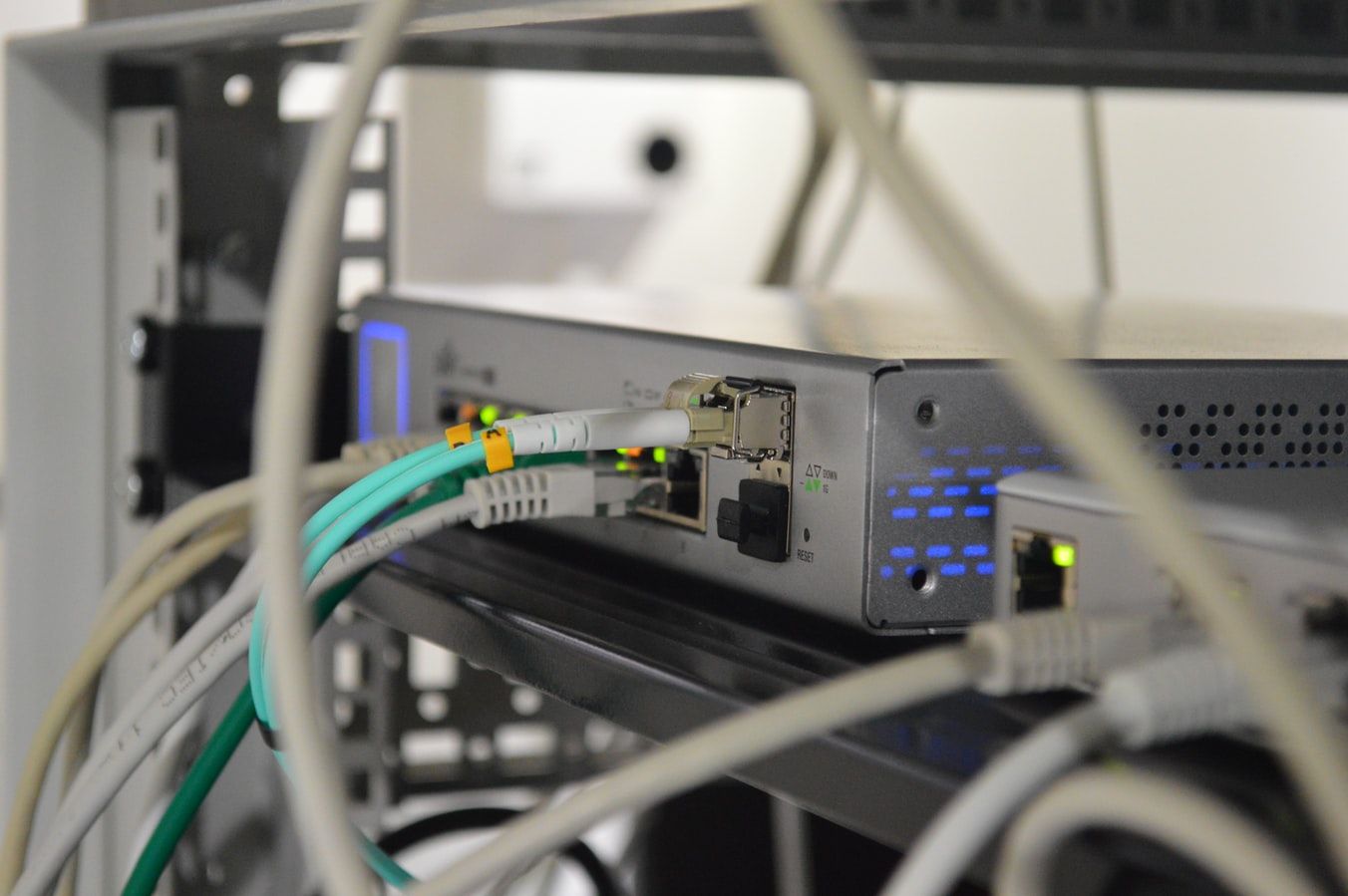IPv6 Only Web Services Becoming Commonplace

IPv6 connectivity (native) continues to shoot up:

This trend started as a slow "it won't happen" almost joke within the IT community with efforts such as the 2012 "World IPv6 launch days"
The economic incentive for IPv6 is here now
What we're seeing now is the economic incentive stepping in - it's starting to be cheaper to run IPv6 services over IPv4- and web service providers are increasingly charging more for renting their IPv4 addresses which is adding to the economic incentive.
This is happening in part due to the gradual underlying infrastructure upgrades across the world, and traffic engineering needed make IPv6 possible. Design (of network implementations are costly and risky, navigating dual-stack/ native) to the eventual software abstractions we're now seeing exposed at consumable IPv6 only services more common on the market. Some countries, notably India, sidestepped a lot of legacy infrastructure projects (such as Jio), by investing in IPv6 mobile telecommunications avoiding the need for more costly (digging up roads) investments.
The world stage changing by IPv6 opportunity
Tim Berners Lee often contrasts access to connectivity with economic opportunity. Those counties which invest early in communications, benefit decades later in economic ties, intelligence, education.
The consequence of new infrastructure projects in developing countries is creating interesting economic opportunities for these countries- for instance, in the UK and the US where we have a lot of legacy, in some ways puts the UK/US at a disadvantage. Greenfield IPv6 projects, (see ungleich, the Ipv6 only datacenter in Switzerland) don't get bogged down so much in the translation layers needed to support dualstack.

Sidenote: Ungleigh based in Switzerland are so committed to IPv6 success they are offering bounties for solving IPv6 challenges in Opensource software.
It's now typical for web services to be sold with a /64 IPv6 address- this means a whopping 18,446,744,073,709,551,616 addresses per host (obviously too many for a single node- more than enough). But from an IPv6 virtualisation perspective, we will likely see pricing for compute+ip connectivity hit the floor since addressing is one factor which artificially holds back virtualisation. That has now changed with IPv6 becoming commodity. In an Ipv6 world suddenly the economics have changed: everyone can virtualize and isolate their compute with globally unique addressing. This opens up a whole host of new exciting engineering possibilities:
- Increased density of IP based web services with their own globally unique address
- Datacenter perspective: Great more customers per box with less complicated (or just different) networking config
- Develoeper perspective: Great, I can experiment and iterate faster with true IP connectivity
- Devops Perspective: Great, I'm no longer bending over backwards to get connecttivity with my exausted IPv4
- All round less expensive to provide web services (the costs to buy Ipv4 addresses by comparission are eye-wateringly high). IPv6 by comparrision is in abundance.
- The need to do both remains- so services briding the gap betweent those services
How can I play with IPv6?
We've written about ipv6 before: such as packing many IPv6 virtualmachines into one host using KVM

Elsewhere you might want to combine these technologies with:
Or systemd containers- you just need to add the IPv6 bit! 🐐
